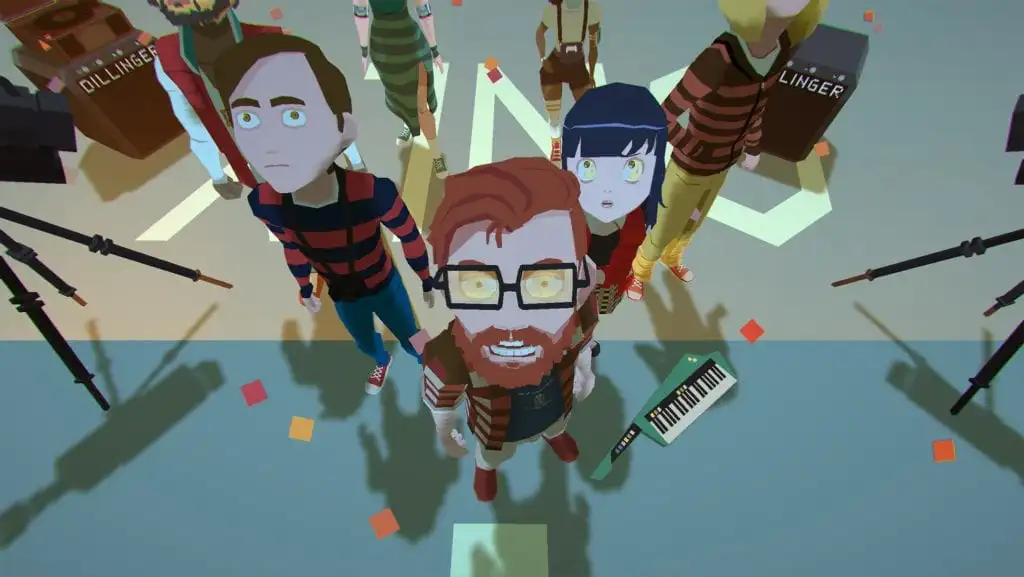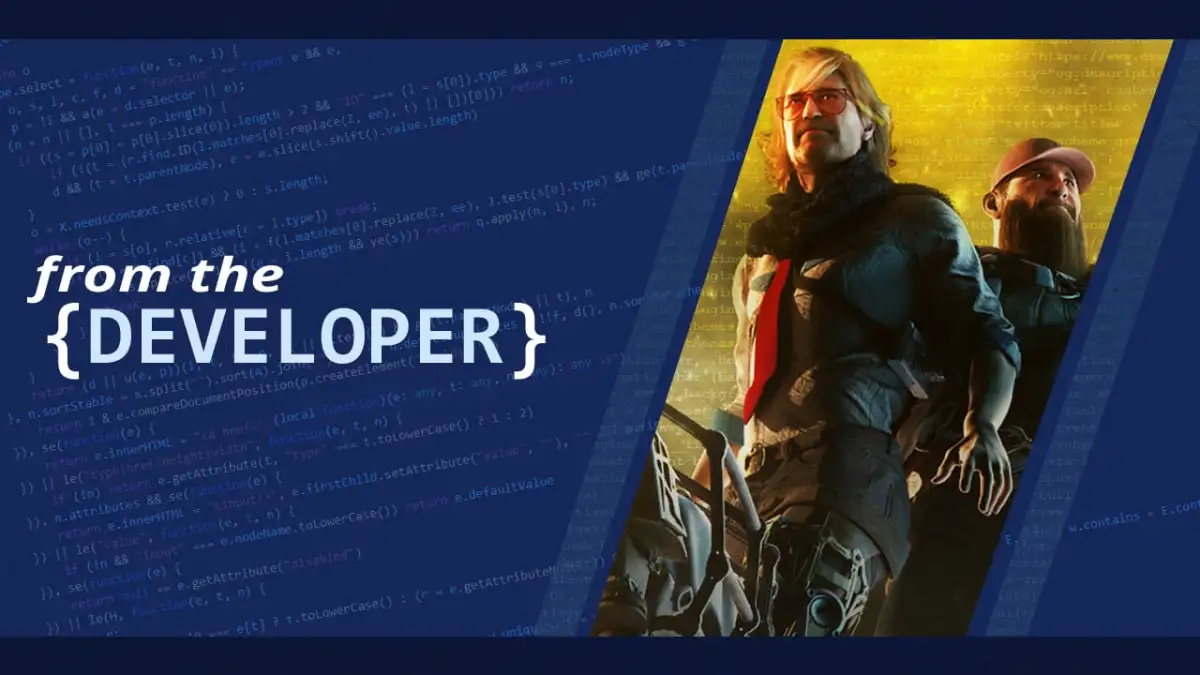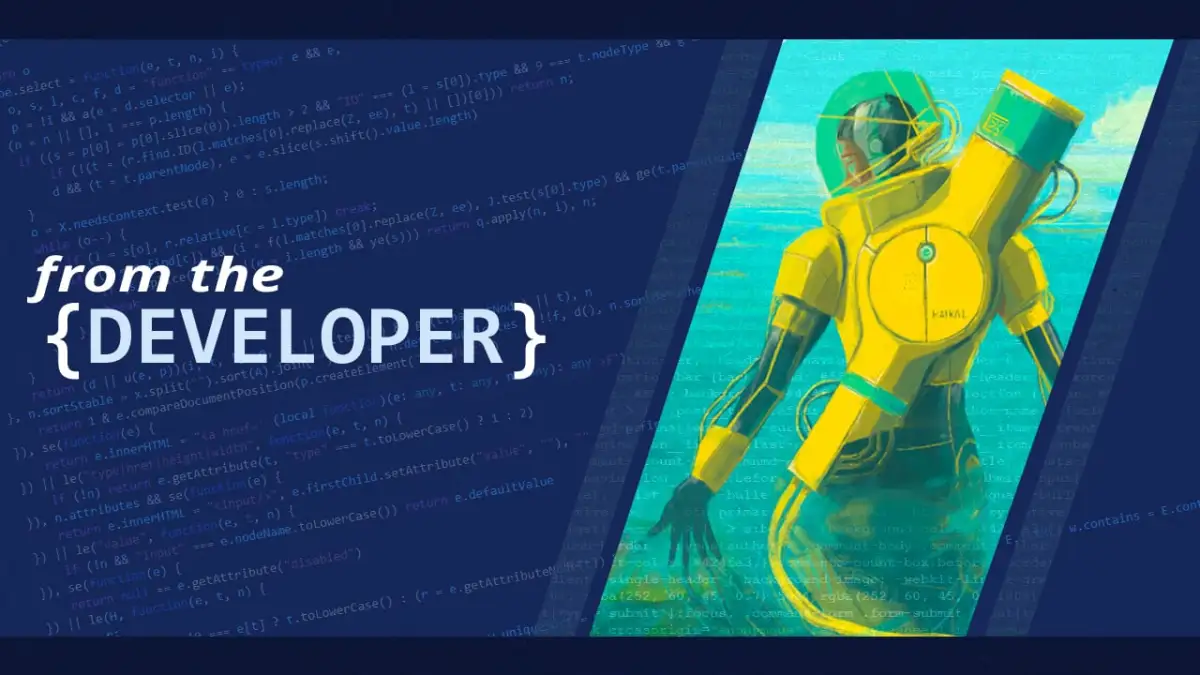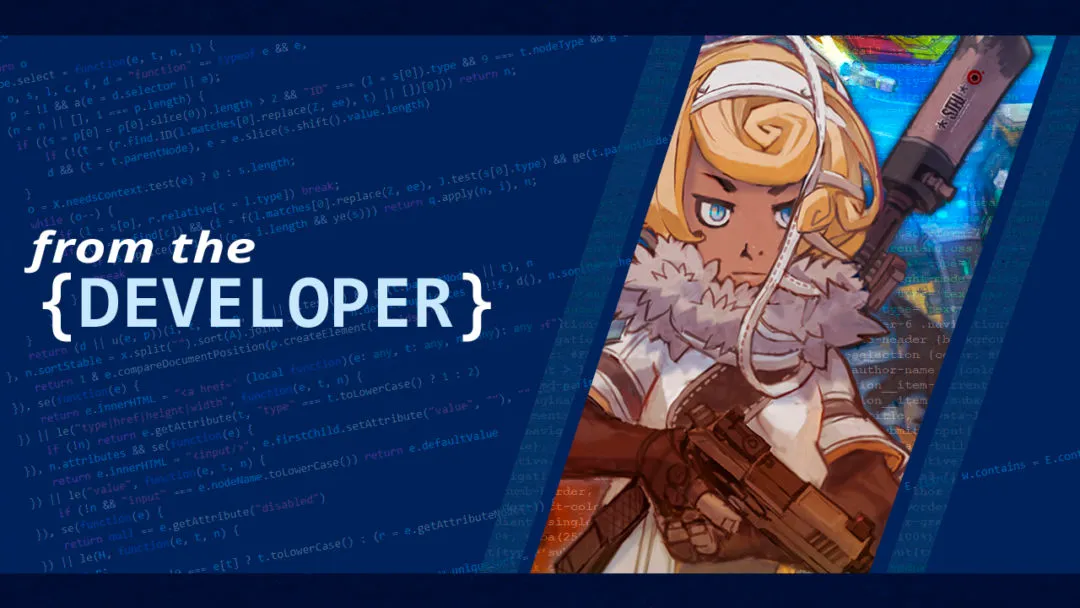Finding a collaborator who shares your artistic aspirations and vision is an incredible challenge. I was lucky enough to be born with one. My brother Brian has been my creative partner for as long as I can recall. We began developing small games in QuickBASIC when I was 7 years old and and Brian was 10, shortly after playing Pokemon Red.
We would borrow our father’s computer in the basement of our childhood home to create games in QuickBASIC and animations in a program called The Complete Animator. Our father was a mural painter and a woodcrafter. This basement was his work place. So for the longest time the smell of wood chippings and paint has been associated my mind with game development.
As we got older, we finally got computers in our room, which we shared until our late teens. This became our new workspace. Our room was situated in a makeshift office setup where we’d basically play game/software developers every day. The moment we were done with school or any household chores, we were back in our office planning a new project.
When we were fresh out of college and had the plan to create YIIK: A Postmodern RPG with funding and support from Ysbryd Games, we knew that to create this game we’d need a new work space. We couldn’t expect team members to come work from our home.
In addition to the lack of space, working where you sleep is incredibly challenging. You are never NOT working there. You’re always in this space designated for creation. This is fine when a project is a hobby, but the moment your future relies on your creative process, it becomes real work. Dealing with employees, worrying about payroll, and all of the stressful things that don’t come with hobby projects invades your home life, the place you need to recharge.
The week before we received a publishing deal and our first round of funding, our mother was diagnosed with pancreatic cancer. We had to make sure we’d keep reasonable enough hours so that we could spend time with her and also make adequate progress on the game.
We rented a large warehouse space not far from our home for $500 a month. The moment we walked in, the smell of lumber made us think of working in our father’s workspace where we had first started creating games. This felt cyclical to us. We had come a long way in terms of doing this professionally, but still felt like kids crafting something in their father’s basement. We never lost sight of that joy. Brian and I really liked this scent, and were pretty taken aback when the team complained that it smelled weird.
We began developing the game there every day, starting at 8 a.m. and working until 4:30 p.m.. Some days we’d leave on our lunch hour to take mom to chemotherapy treatments and do some work on our laptops while we waited.
As development went on, and the game started to take shape, our mother’s condition became worse. It became obvious to us that she didn’t have much time left. At this point, the rest of the team had finished their work, and it was left to me and Brian to complete the project. We left our studio behind and set up shop in our living room to be near Mom’s hospital bed.
This of course slowed us down a bit, but I wouldn’t have done it any other way. We were getting to talk to Mom while we worked and getting to show her what we were making. Sure, it was no longer a proper studio space and it was cramped, but it was the right place to be. With just the two of us completing work on the game it began to feel less like work and more like a hobby project. We were still drawing a small salary from the development funds, but the game was starting to feel very home made. In some ways, I’ve come to look back at these moments the same way I think about creating games with my brother in our dad’s basement. While this was a sad time of my life, I’ll always be happy we made this choice to work from home so we could spend time with mom.
After a few weeks, she went into hospice and passed away. Brian and I returned to development, but something was wrong. It was impossible to finish the game where our mother had spent her last few days. So, we stopped. We couldn’t go on this way. Our creativity was blocked. Something had changed in us, and in the space we created in. It was tainted.
This was in september of 2016. We tried to work two weeks after Mom’s death, but even simple tasks proved hard to do. The space just wouldn’t work for us any more. We knew we needed time off. I left, traveling to Taiwan and to Japan. I existed in a new space with different people, and different smells. I reset everything I could.
This helped, but only some days. It was easy to get lost in the mountains of Taiwan or the streets of Tokyo. When you’re on a trip, you can be a new person until you’re alone with your thoughts at night and you can remember everything that came before. Each day, it got easier … but only thanks to the distraction. Eventually honeymoons end and you need to go back home to reality.
We returned to development in January 2017. I had gotten married so we moved our workspace into the extra bedroom in my new home. Our work desks came out of storage. In this new space — with new air, new lighting, and no memories — we were able to complete our work. The creative block was gone. The ending came easily.
Life changes a lot in four years. For me, that time meant creating something very personal to me and my brother, losing a parent, changing apartments three times, getting married, and traveling outside of the country for the first time to promote the game.
With each of these experiences and new locations I grew as a person, and so did the game. We gained a new outlook on life and became less cynical despite all the tragedy around us. What was once a cutting ending to the YIIK story became optimistic as we realized there was more in our lives to be hopeful for.
The way our mother took her cancer like a champ and never complained showed us how we had to fight on and finish the game. We needed to allow our characters to fight until there was something worth fighting for.






Published: Jan 18, 2019 04:00 pm